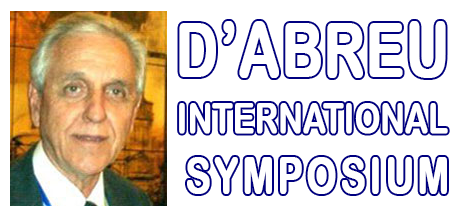Abstract:
The employment rate of solar photovoltaic (PV) panels for electric generation has increased significantly in recent years. The vast majority of these panels are currently sold in the residential market. As a result of such a recent and rapid diffusion of this new technology, there currently is a relatively low experience of the potential hazards associated with the decommissioning of PV panels. While recycling the materials used in PV panels would be advisable once they reach the end of their lifetime, this should be done in a way which is both environmentally sustainable and safe for human health. Crystalline silicon (monocrystalline and polycrystalline) is predominantly being used as a semiconductor in the industry at the moment, however, thin-film photovoltaic modules using cadmium telluride (CdTe) and amorphous silicon are becoming increasingly popular because of their lower production costs and higher efficiency. Two full-scale PV recycling processes have been implemented so far in Europe, however, none of them is completely automated and the discussion on which is best practice is still the topic of several research studies. The minimum targets of recovery and recycling required by the latest European Guideline (2012/19/EU) are achieved using either: (i) two-blade-rotors crushing followed by thermal treatment, or (ii) two-blade-rotors crushing followed by hammer crushing. Both processes reduce the initial PV panel to fine glass fractions, which can then be re-used as a raw material. However, these processes also create dust, which is harmful to humans if inhaled. For instance, silicosis is produced by inhalation of one of the forms of crystalline silica. It is defined as an occupational lung disease because it is usually diagnosed in combination with activities of sandblasting, quarrying, stone dressing, refractory manufacture or foundry work. Moreover, CdTe is classified as toxic by the related safety data sheets. This contribution aims to investigate the hazards associated with PV panels recycling, in order to lay the foundations for a systematic risk assessment procedure. We analyse the typical properties of the dust which are produced by the different PV panels recycling processes. We then investigate how this dust is transported by ventilation. In doing so, we use the results of a series of studies on the transport of heavy particles through a ventilated space, which were published recently. We quantify the fraction of particles of a mean diameter D<0.1 mm which are vented from the space as opposed to the fraction which sediment within the space. We also investigate how the concentration of the suspension of particles in air changes when the ventilation rate is changed. This will allow assessing the behavior of toxic dust and identifying the most appropriate safety measures, which may range from housekeeping to industrial ventilation. By the present work, we provide information on the recycling process and on the hazardous materials handled within it; we describe the transport of dust and particles in the air and identify the potential scenarios in which the safety of operators is compromised; finally, we define a range of safety measures.
|







